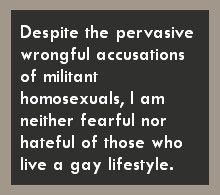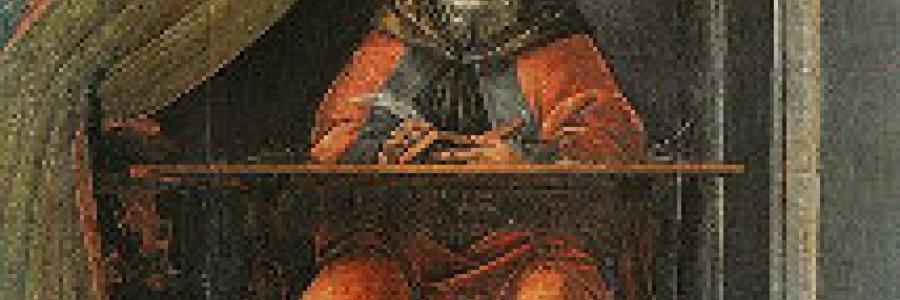Augustine
Have you met Augustinus Aurelius? If not, you really should. If so, you likely love him or hate him; but either way, you realize he wields considerable influence upon every inhabitant of the Western Hemisphere. The Latin influence upon our languages owes much to him, as does our philosophy of international relations. The Roman Catholic Church and the Protestant Reformers each drew heavily from his writings in their history-altering contentions with one another. To our day, scholars carefully consider his insights on a plethora of philosophical and theological questions that shape our culture and self-understanding. He wrote so deeply and penetratingly that his insights are part of the warp and woof of Western identity.
Augustine, as he came to be known, was born in AD 354 in modern Algeria. His father, Patricius, was a pagan and minor Roman official; his mother, Monica, a devout Christian. Young Augustine was, by all accounts, a very bad boy.
Recognizing their son’s intellectual brilliance, his parents arranged for the finest classical education. Augustine eventually landed in Carthage—the cultural and economic centerpiece of northern Africa. Reared by a father driven to see his son succeed, but disinterested in moral training, young Augustine pursued sensual pleasures with near abandon. “In Carthage,” he wrote, “a cauldron of unholy loves was sizzling and crackling around me.” Glutting his every sexual urge troubled his conscience. Yet he characterized his prayers to his mother’s God during these years as: “Lord, give me continence and chastity, but not now.”
Discussion
Homosexuality - Seeking a Balanced Discussion
 Republished, with permission, from Voice magazine, Jul/Aug 2013.
Republished, with permission, from Voice magazine, Jul/Aug 2013.
Several years ago, the philosophy department at Franklin & Marshall College invited me to be a featured guest on a panel discussing gay marriage. They wanted to pick up on the significant community focus on a column I wrote for our local newspaper.
In a large room of full of college students, professors and community people, I was drilled with questions and comments for two hours. The panel included a professor from a liberal seminary, a visiting law professor (whose lesbian partner was in the audience), a gay German professor and a liberal campus minister. God granted me grace the entire evening to patiently respond with kindness to those who questioned me. The students were exceptionally polite but a bit confused as to why I would be opposed to gay marriage. The professors were rude and belligerent.
The evening ended with the German professor looking over at me and asking how I could respect him if I consider him immoral for being gay. Although panelists were not directing questions at each other, I assured the professor that I would always treat him with the utmost respect as a fellow human being even if I disagreed with his sexual behavior. After the event concluded, about 20 students remained to discuss my views with me for another hour.
Despite the pervasive wrongful accusations of militant homosexuals, I am neither fearful nor hateful of those who live a gay lifestyle. But the popularity of such accusations makes it important for us to tone our debate and discussion with true concern and compassion. When we place the discussion in the general context of sexuality, we find important perspective for shaping the tone of debate.
Discussion
Effort is underway to challenge CA's new transgender restroom law
Body
A petition for a ballot referendum challenging the measure needs 500,000 signatures.
Discussion
Group vows to reverse New Jersey’s reparative therapy ban
Body
NT just outlawed all therapy aimed at helping individuals overcome unwanted same-sex attraction. Liberty Counsel aims to end the ban.


Discussion